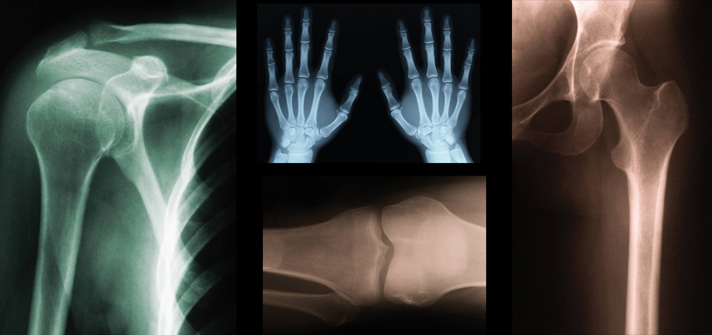
The aim of the D-BOARD consortium is to bring together leading academic institutions and European Small and Medium Enterprises (SMEs) to focus on the identification, validation and qualification of new combination biomarkers and the development of diagnostic tests capable of subclinical disease diagnosis for degenerative and inflammatory diseases of joints.
Chronic inflammatory diseases of joints are major causes of disability in the ageing population. Osteoarthritis (OA) is one of the most common types of arthritis and a major cause of pain and disability in older individuals. OA is expected to place a heavy burden on European healthcare systems, as European citizens grow older.
Cartilage damage in OA is detected radiographically by decreases in joint space width (JSW). However, radiographic evidence is seen only after significant cartilage degradation has already taken place. The early stages of the disease may remain latent and asymptomatic for many years.
Therefore, there is an acute need for reliable biomarkers and diagnostic tests that can facilitate earlier diagnosis of OA, and inform the prognosis, monitoring and therapeutic strategies for chronic and disabling forms of this disease. However, there is currently a lack of reliable, quantifiable and easily measured biomarkers that provide an earlier diagnosis of OA, inform on the prognostic of the disease and monitor and predict responses to therapeutic modalities.
Biomarkers of tissue turnover in joints can reflect disease relevant biological activity and provide valuable information that may be useful diagnostically and therapeutically, potentially enabling a more rational and personalized approach to healthcare management. The proliferation of omic technologies has facilitated rapid progress in biomarker research. Combinations of omic technologies are dominating the biomarker research arena and are playing increasingly important roles in the identification, validation and qualification of new biomarkers.